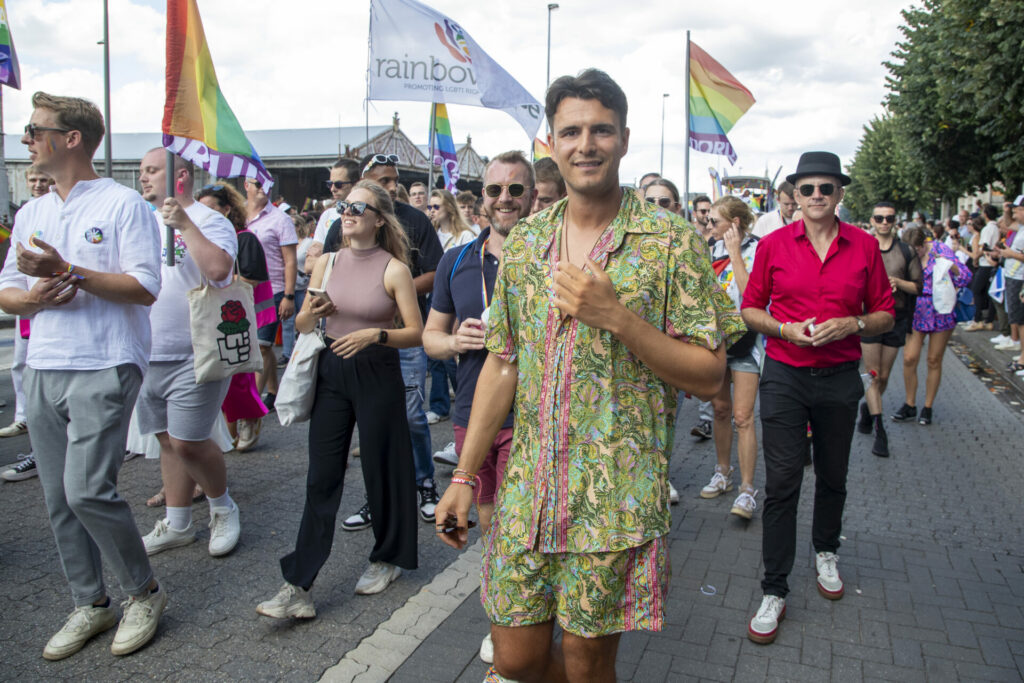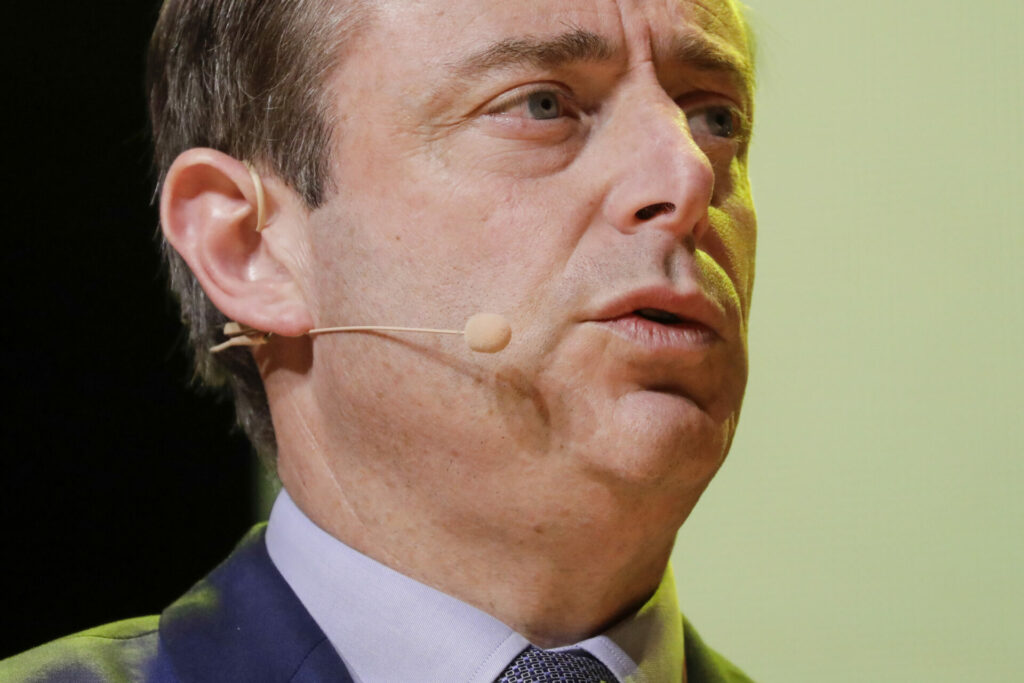A recent poll by the Gazet van Antwerpen has revealed that Flanders would prefer right-wing nationalist Bart De Wever (N-VA) as Prime Minister to Alexander De Croo (Open VLD).
Some 1,000 Flemish residents were polled on their political preferences, with 19% of respondents choosing Bart De Wever as their preferred choice to succeed Prime Minister De Croo, who was just slightly behind with 17.5%.
All the same, over 40% of respondents say the current prime minister is doing a good job, while 46.8% disagree. But De Croo’s chances hang on the electoral success of his party. The Flemish liberals (Open VLD) are currently are currently polling at 9% and are on course to lose half of their federal seats after the 2024 elections.
The Flemish Greens (Groen) have also dropped to 7%, struggling to make up lost ground over the nuclear energy debate and the political pushback against green policies in Flanders. The Flemish Christian Democrats (CD&V) are polling at 13%, and the Belgian Workers’ Party (PTB-PVDA) are down by one percentage point since May, now hovering around 8.5%.

Vooruit's former chairman Conner Rousseau pictured during the 2023 edition of the 'Antwerp Pride' Parade. Credit: Belga / Nicolas Maeterlinck
In the aftermath of former leader Conner Rousseau’s racism scandal, Vooruit’s polling is down to 13%. As a young insurgent force in politics, Rousseau was often tipped as the only true political force in Flanders to take on nationalist forces, but his implication in a racism scandal led to his resignation last month. Melissa Depraetere is the party's interim leader.
Far-right Flemish nationalists Vlaams Belang are still leading the polls with 27.5%, which would give them around 27 seats in the Federal Parliament. In second place are Bart De Wever's N-VA with 21%.
The far-right party continues to rise in the polls, with this latest one marking an increase of 3 percentage points, while N-VA has slightly dropped. Since 2010, N-VA has won the most seats in federal elections in Flanders.
'Wallonisation'
The N-VA leader, who has recently swapped his anti-woke campaign election slogan to ‘For Flemish Prosperity’, has recently indicated he would be willing to be Prime Minister if it could help him “get a breakthrough” for his policy of confederalism.
N-VA wants to further sever any administrative ties with the other Belgian regions to have three separate entities. Experts have argued this would most likely act as a first step towards Flemish independence.
Whether he will emerge as a genuine prime ministerial candidate remains to be seen. Over the weekend, N-VA announced it would also run in the elections in Wallonia – a first-ever.
But the launch campaign in Wallonia did not get off to the best start, with Flemish Environment Minister from N-VA Zuhal Demir critical of last week’s climate ruling against the Flemish Government, saying that it "amounts to the Wallonisation of Flanders". She railed against “Francophone judges [who] took a political decision that amounted to imposing a 'degrowth' narrative.”
Related News
- Flemish separatist N-VA party wants to stand for election in Wallonia
- 'Why the best is yet to come': Belgian PM De Croo publishes new book
In 2012, N-VA leader De Wever coined the term "Wallonisation" of the economy – a pejorative slur which he applied to "ever-increasing public spending, increasingly aggressive trade union action, a negative atmosphere towards entrepreneurs and an ever-increasing number of people dependent on replacement benefits."
"In the 'seriousness' of its remarks and in its communication, the N-VA has clearly opted for a Trumpist path. They will not reap the electoral benefits because, in Flanders, it is not the most legitimate actor in this style of politics," said ULB's politics professor Pascal Delwit, alluding to the notion that voters will always vote for the original rather than the carbon copy.

